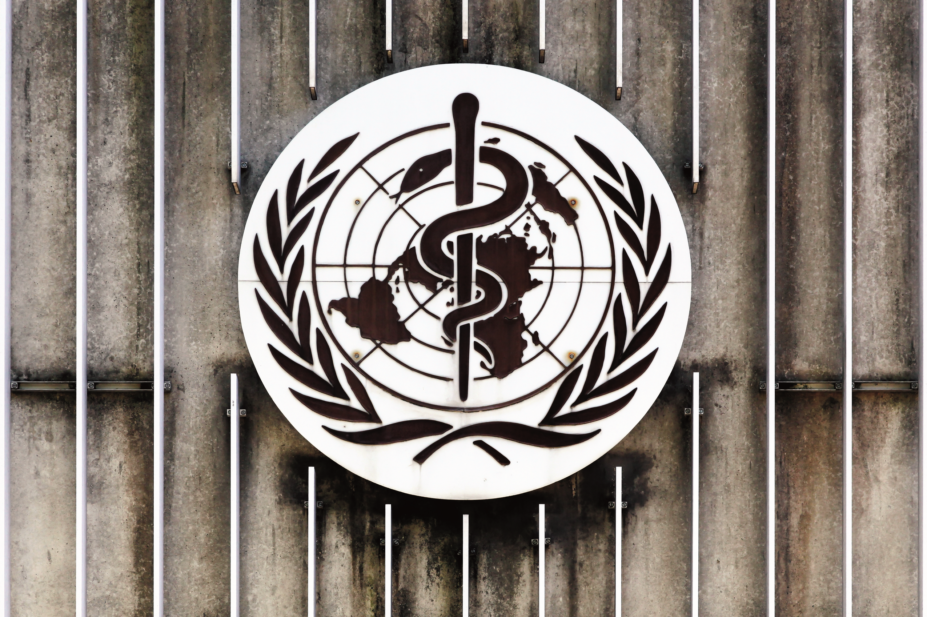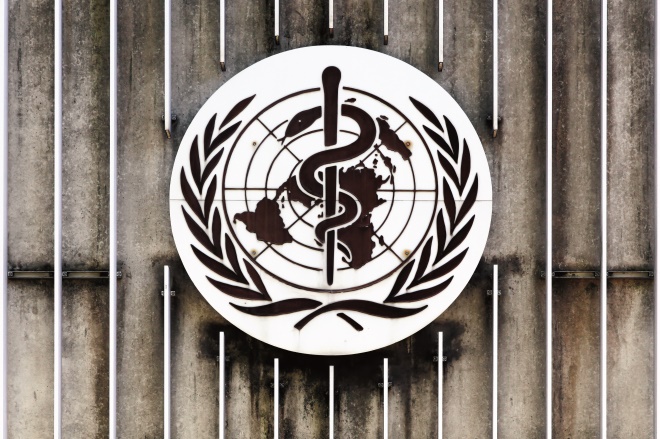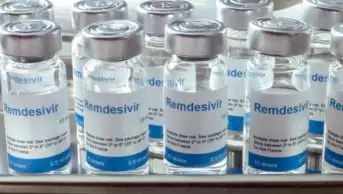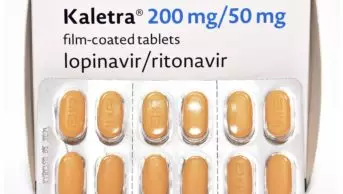
Shutterstock.com
Open access article
The Royal Pharmaceutical Society has made this article free to access in order to help healthcare professionals stay informed about an issue of national importance.
To learn more about coronavirus, please visit: https://www.rpharms.com/resources/pharmacy-guides/wuhan-novel-coronavirus

Source: Shutterstock.com
The World Health Organization’s trial aimed to assess whether remdesivir, hydroxychloroquine, lopinavir/ritonavir or interferon β1a could affect in-hospital mortality in COVID-19 patients
Four repurposed antiviral treatments for COVID-19 have little or no effect on mortality in patients who are hospitalised, interim results from the World Health Organization’s (WHO’s) Solidarity trial have suggested.
The trial, which has been running for six months, aimed to assess whether remdesivir, hydroxychloroquine, lopinavir/ritonavir or interferon β1a could at least moderately affect in-hospital mortality, and whether any effects differed between moderate and severe disease.
From 22 March 2020 to 4 October 2020, 11,266 adult patients were entered into the trial from 405 hospitals across 30 countries, making it the world’s largest randomised controlled trial of COVID-19 therapeutics.
Of these, 2,750 were allocated remdesivir, 954 given hydroxychloroquine, 1,411 allocated to lopinavir-ritonavir, 2,063 given interferon β1a, and 4,088 were given no study drug. Remdesivir and hydroxycholoquine were given to patients for 10 days, while lopinavir-ritonavir was given for 14 days and interferon β1a for 6 days.
Some 1,253 deaths were reported during the study period.
However, it was found that none of the drugs had any definite effect on mortality, either overall or in any subgroup defined by age or ventilation requirements. The authors said that the mortality findings were consistent with meta-analyses of mortality in all major trials.
The findings follow NHS England’s decision in July 2020 to commission remdesivir for the treatment of patients hospitalised with COVID-19, as it “has been shown to improve recovery time”.
Also, none of the study drugs reduced initiation of ventilation in those who were not already ventilated.
In addition, it found that the study treatments that were scheduled to last more than seven days increased the percentage of patients remaining in hospital at day seven.
In the remdesivir group, 69% of patients remained in hospital at day seven, compared with 59% in the control group; 64% of patients in the hydroxychloroquine group remained in hospital at day seven, compared with 54% in the control group; and 68% taking lopinavir/ritonavir were still in hospital at day seven, compared with 59% in the control group.
The authors said that if one of the drugs had accelerated recovery, then the percentage increases in hospital duration should have differed, but they did not.
Describing them as “unpromising”, the authors said that the overall findings from each of the regimens tested refuted “early hopes”, based on smaller or non-randomised studies, that any would substantially reduce inpatient mortality, initiation of ventilation or hospitalisation duration.
However, in a press release, the WHO said that the progress achieved by the Solidarity therapeutics trial showed that large international trials were possible, even during a pandemic, and “offer the promise of quickly and reliably answering critical public health questions concerning therapeutics”.
Ian Hall, professor of molecular medicine at Nottingham University and a consultant in respiratory medicine at Nottingham University Hospitals NHS Trust, said that the anti-inflammatory drug dexamethasone remained “the only drug” to have been shown to reduce mortality in hospitalised COVID-19 patients.
“One would expect drugs with anti-viral actions to be most effective in the early stages of COVID-19, so it would seem logical to consider studying their use in patients in the community setting as soon as they test positive for SARS-CoV-2,” he said.
“How easy it will be to undertake this kind of study will depend on the route of administration and the potential for adverse effects.”
The Solidarity researchers said they were still recruiting “about 2,000 patients per month” and that “efficient factorial designs will allow it to assess further treatments, such as immune-modulators and specific anti-SARS-CoV-2 monoclonal antibodies”.
Newer antiviral drugs, immunomodulators and anti-SARS COV-2 monoclonal antibodies are now being considered for evaluation.
The results of the trial are under review for publication in a medical journal.
You may also be interested in

Government tightens availability of remdesivir treatment for COVID-19 patients as supplies shrink

Lopinavir/ritonavir ‘not effective’ for patients hospitalised with COVID-19, third set of RECOVERY trial results show
